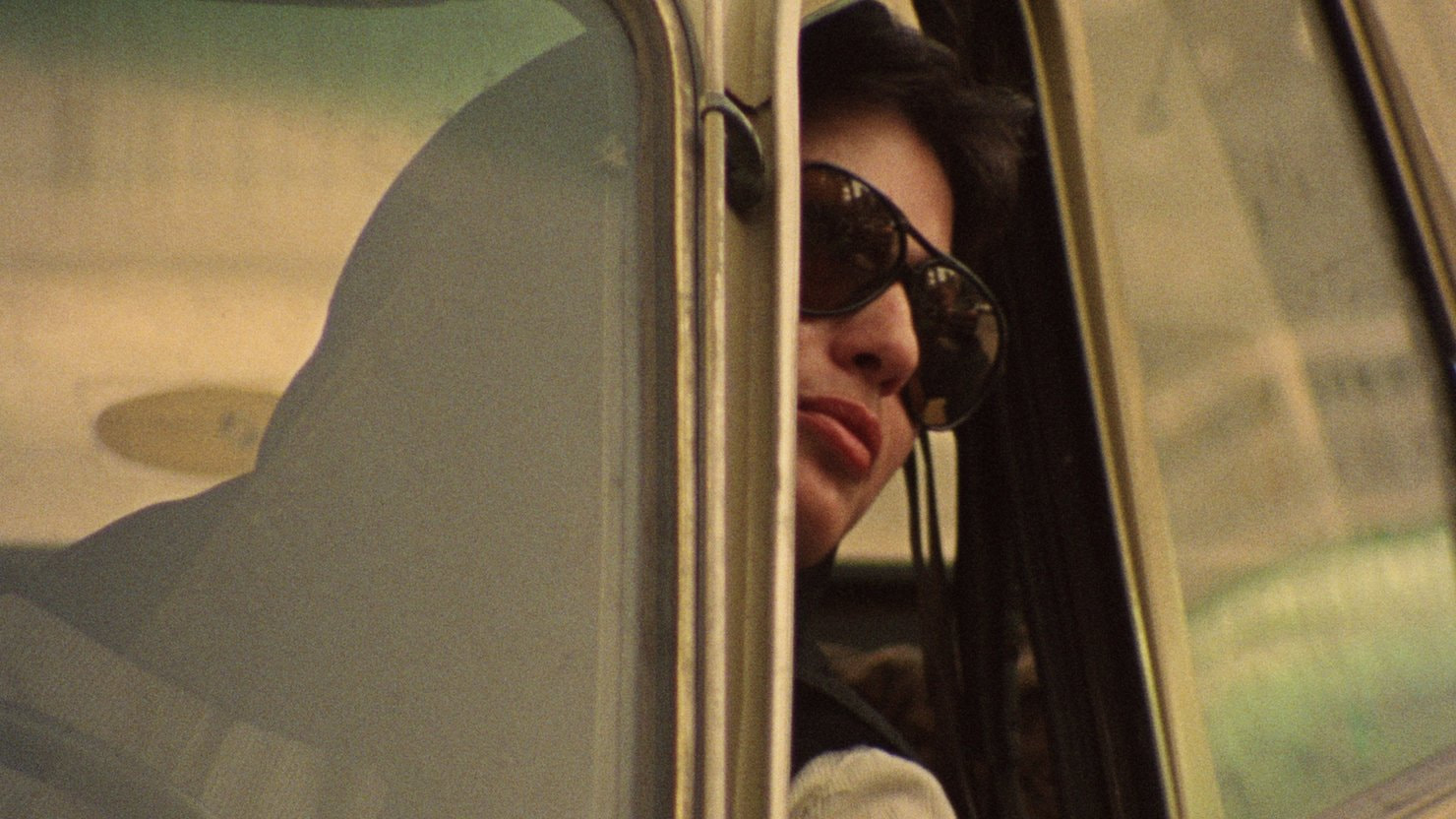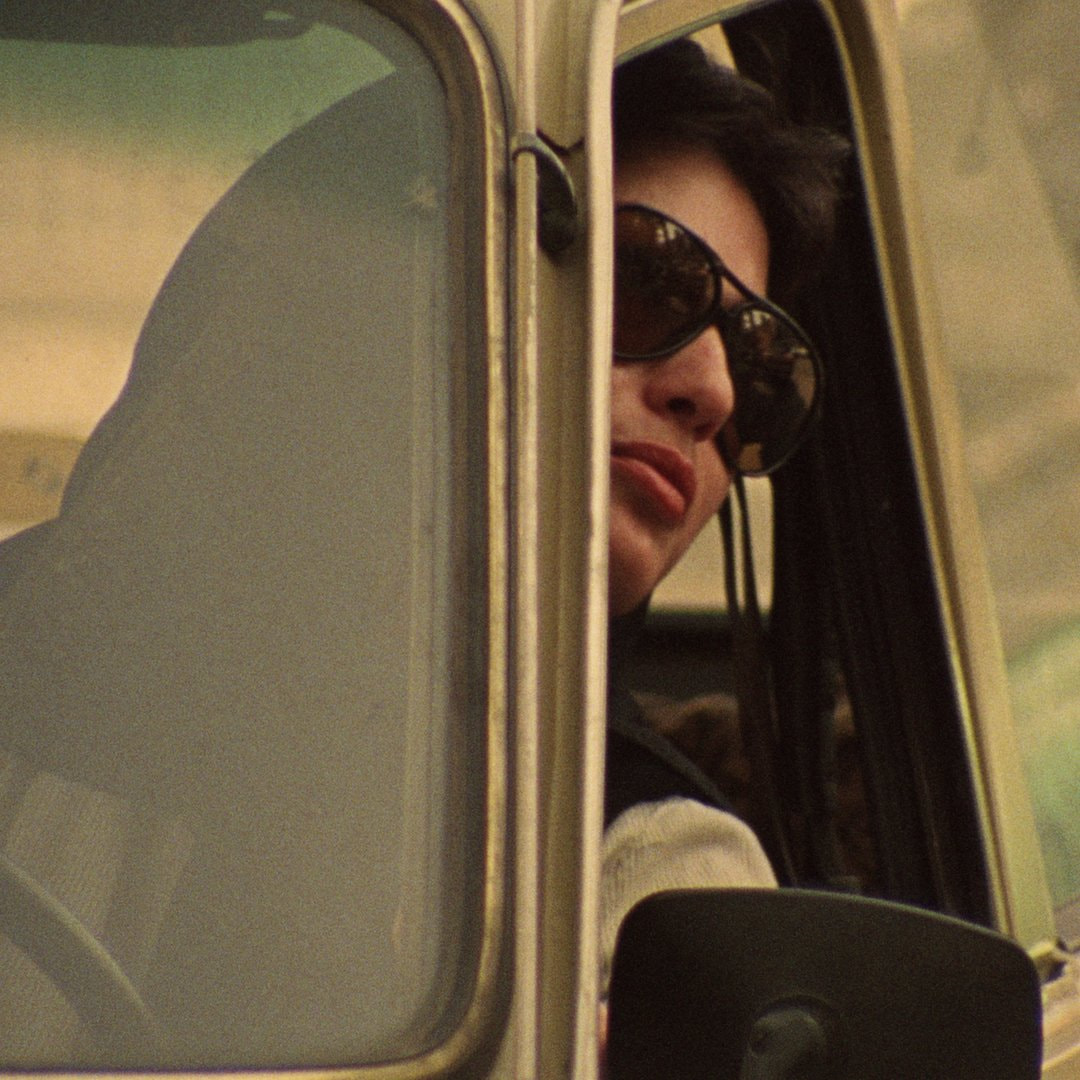Abbas Kiarostami’s two poignantly political and arch films are reflections on control and freedom. Continuing the director’s versatile yet subtle exploration of Iranian society, Fellow Citizen places the viewer in the heart of Tehran, where a police officer at a checkpoint decides who is granted a travel permit and who is not. The structured and, at the same time, chaotic flow of cars and people develops one of Kiarostami’s key motives dealing with movement, echoing his other work, Orderly or Disorderly, a conceptual analysis of the variability of any situation. Garage Screen will show the Russian premieres of the restored films.
As part of a traffic relief campaign in Tehran, the police were sent to checkpoints to issue travel permits to drivers they deem important. Fellow Citizen traces a day in the life of such a policeman, perhaps remembering how the director himself worked as a traffic controller before becoming a filmmaker. Some drivers need to get to the hospital, some to court, some to university, and some to a funeral… The protagonist decides whether to let them in or send them back. The law eventually turns out to be not so immutable at, and if common sense requires it, even very flexible. The gallery of drivers stopped by the hero anticipates Kiarostami’s iconic Ten about passengers changing in the same car.
The volatility of (social) reality is also the subject of the short Orderly or Disorderly composed of several scenes shot in two versions: Kiarostami directs an orderly development of events in the first and a disorderly one in the second. Children either queue up in the schoolyard at the drinking fountain or, at the director's request, form a pile-on next to it; they take turns boarding the bus for one minute—or clamber into it for more than two. “It’s ok that the shot is long; this is what we want to show,” says Kiarostami, who is constantly present offscreen as a voiceover.
In this educational but nondidactic film, Kiarostami abolishes moral judgment and admires the funny anarchy written on children’s faces. The picture attains an explicit socially critical dimension toward the finale when the camera moves to the bustling center of Tehran, where cars cut through the complex geometry of roads without observing the rules, and a policeman is trying to regulate their movement.
The films will be screened in Persian with Russian subtitles.
Fellow Citizen
Dir. Abbas Kiarostami
Iran, 1983. 52 min. 6+
Orderly or Disorderly
Dir. Abbas Kiarostami
Iran, 1981. 15 min. 6+

